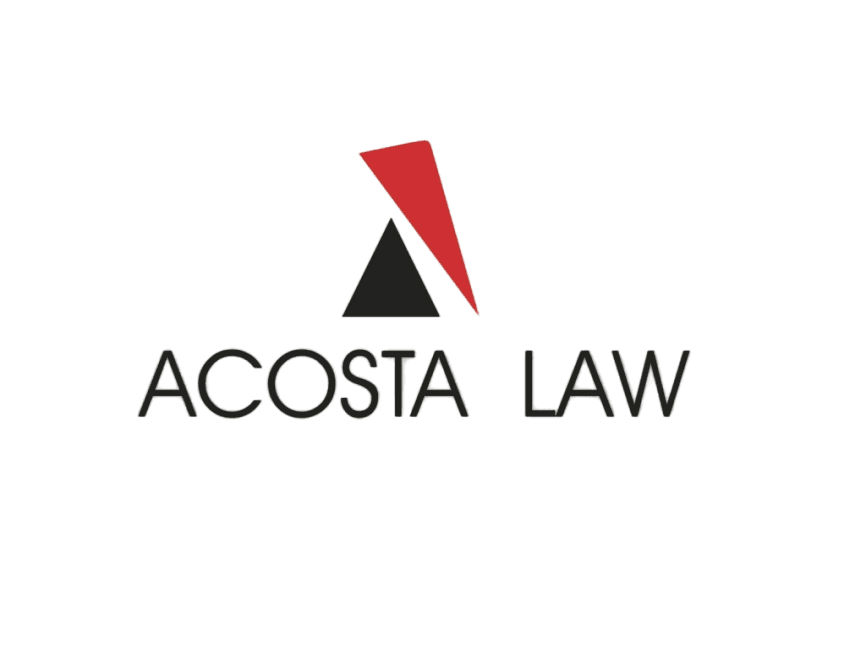Understanding the Bankruptcy Process in Harris County: A Guide for Residents
Understanding Bankruptcy in Harris County
Filing for bankruptcy is a significant decision that can have lasting effects on your financial future. Residents of Harris County, like many others, may find themselves facing economic challenges that lead them to consider this option. Understanding the bankruptcy process is crucial in making an informed decision. This guide will break down the essentials of bankruptcy, focusing on what residents of Harris County need to know.

What Is Bankruptcy?
Bankruptcy is a legal process that provides relief to individuals and businesses overwhelmed by debt. It allows debtors to either eliminate their debts or create a plan to repay them over time. The process is governed by federal law and aims to offer a fresh start to those who cannot meet their financial obligations.
Types of Bankruptcy
In the United States, the most common types of bankruptcy for individuals are Chapter 7 and Chapter 13. Each type serves different purposes and has distinct requirements:
- Chapter 7 Bankruptcy: Also known as "liquidation bankruptcy," this type involves selling off non-exempt assets to pay creditors. It is typically suited for individuals with limited income and significant unsecured debts.
- Chapter 13 Bankruptcy: Often called "reorganization bankruptcy," this type allows individuals with regular income to create a repayment plan to pay off all or part of their debts over three to five years.

The Bankruptcy Filing Process in Harris County
The process begins with filing a petition in bankruptcy court. Residents of Harris County will file in the Southern District of Texas. The filing includes detailed information about your finances, including income, expenses, debts, and assets.
Once filed, an automatic stay goes into effect, halting most collection activities against you. This means creditors cannot continue with lawsuits, wage garnishments, or even phone calls demanding payment.
Meeting of Creditors
Approximately one month after filing, you will attend a meeting of creditors, also known as a 341 meeting. During this meeting, you will answer questions under oath about your financial situation. Creditors can attend but often do not.

Discharge of Debts
If you file for Chapter 7, you may receive a discharge within a few months after the 341 meeting. A discharge means you are no longer legally required to pay the discharged debts. For Chapter 13 filers, a discharge is granted after completing the repayment plan.
Life After Bankruptcy
While bankruptcy can provide relief from overwhelming debt, it is not without consequences. It will impact your credit score and remain on your credit report for up to ten years. However, many find that they can rebuild their credit over time with responsible financial habits.
Seeking Professional Help
Navigating the bankruptcy process can be complex and emotionally taxing. It's advisable to seek the guidance of a qualified bankruptcy attorney who can help you understand your options and ensure your rights are protected throughout the process.
Understanding bankruptcy is the first step toward regaining control over your financial future. By gaining knowledge about the process and seeking professional advice, residents of Harris County can make informed decisions that best suit their needs.
